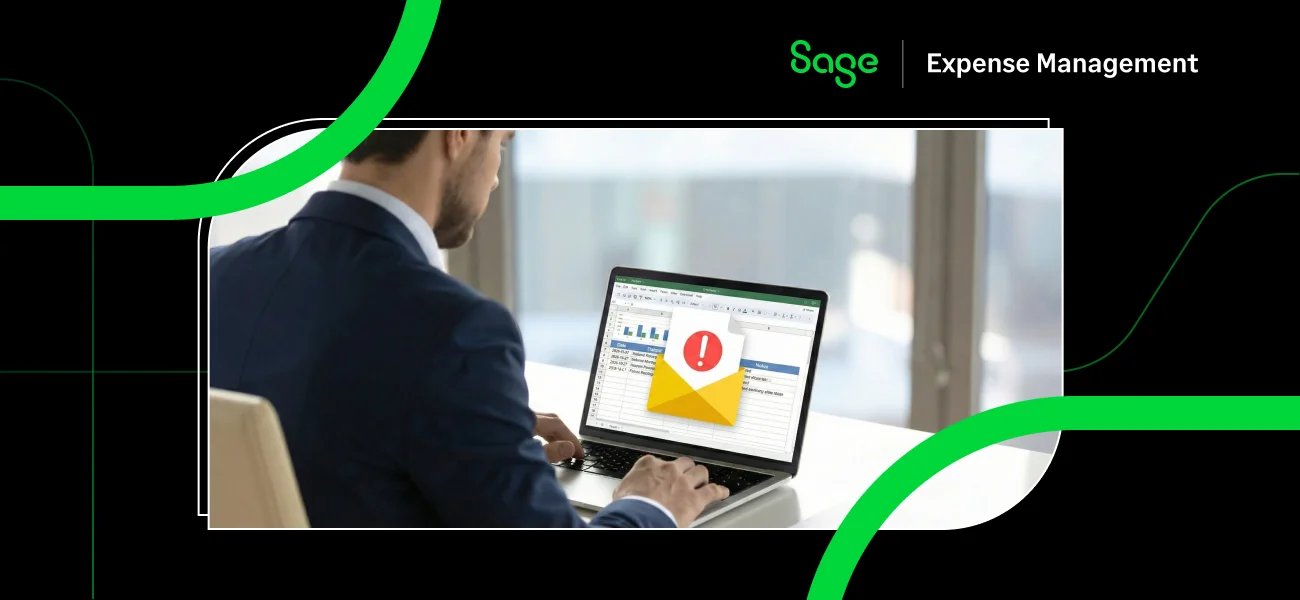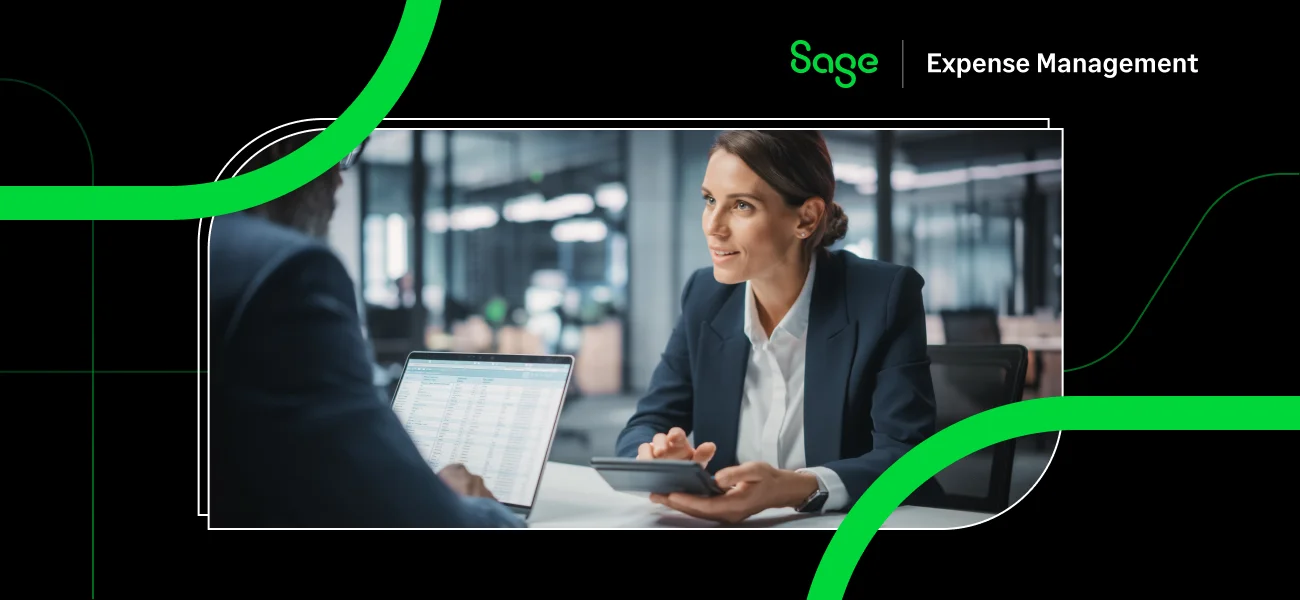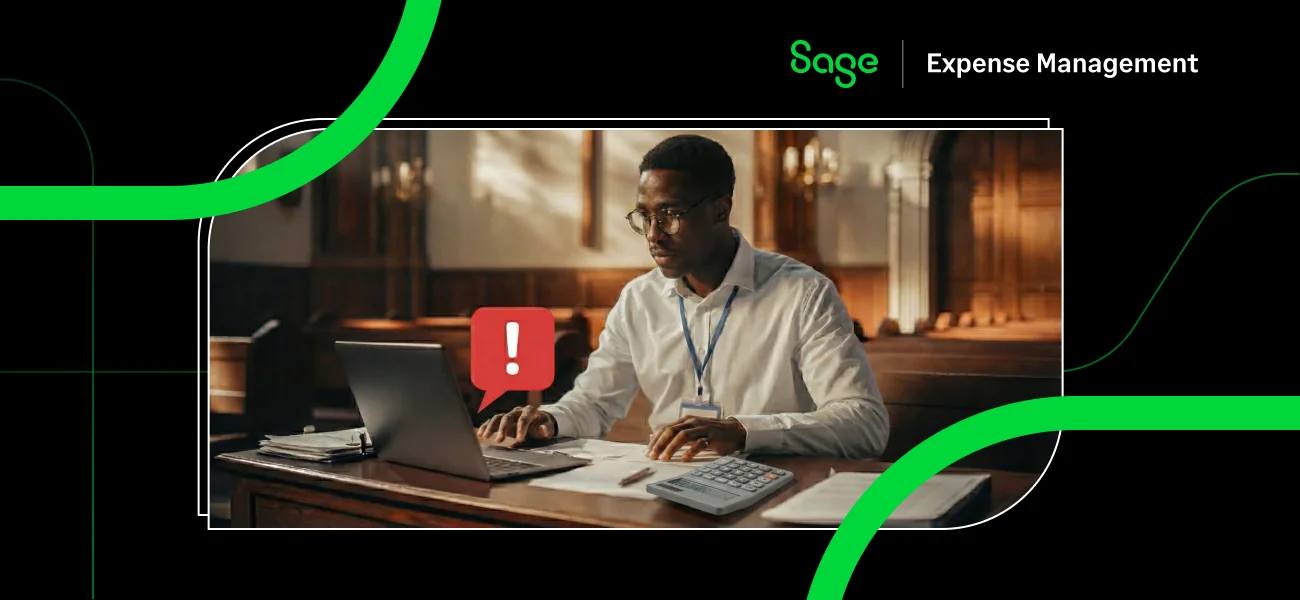In Warren Buffett's words, accounting is the "language of business." At HireIQ, our experience in recruiting accountants across the UK has shown just how true that is. However, deciding whether accounting is the right career path for you is a whole different ball game. To make the decision easier, we've compiled insights on the pros and cons of choosing a career in accounting.
Before diving into the specifics of accounting roles, it’s important to cover some foundational points. Many of the advantages and disadvantages of being an accountant hinge on understanding what accounting entails and how the role can change depending on the sector.
What is Accounting?
Accounting is the process of recording, summarizing, and analyzing financial transactions to help organizations make better financial decisions. Whether you work in-house for a company or provide external services through an accounting firm, you are the key to maintaining financial health, tracking performance, and ensuring compliance with regulatory standards.
Why Consider a Career in Accounting?
A career in accounting offers stability, growth opportunities, and a variety of work environments. Whether you’re managing finances for a multinational corporation or handling tax returns for small businesses, an accounting career provides a clear path with diverse opportunities.
Accounting Sectors: Industry Accounting vs. Public Practice Accounting
When choosing a career in accounting, one of the first decisions you’ll need to make it whether to work in Industry Accounting or Public Practice Accounting.
Industry Accounting
What Is Industry Accounting?
Industry accounting refers to working for a single company or organization, focusing on internal financial management. Accountants in this sector are responsible for budgeting, financial planning, tax compliance, and reporting to their employer.
Common Roles In Industry Accounting
- Financial Analyst: Helps interpret financial data to guide company decisions.
- Management Accountant: Prepares internal reports for management to monitor financial performance.
- Cost Accountant: Focuses on managing and reducing business costs.
- Controller: Oversees the entire accounting department and ensures accurate financial reporting.
Pros And Cons Of Working In Industry Accounting
Pros
- Direct impact on a company’s financial decisions.
- More regular work hours compared to practice accounting.
- Potential for internal promotion to high-level roles like CFO.
Cons
- Limited variety in day-to-day tasks, as responsibilities may repeat annually.
- Less exposure to a range of industries or clients.
Public Practice Accounting
What Is Public Practice Accounting?
In public practice, accountants work for external clients, offering services such a tax preparation, audits, and financial consulting through accounting firms. These firms vary from small local operations to global giants like the Big Four (KPMG, PwC, Deloitte, and EY)
Common Roles In Public Practice Accounting
- Audit Associate: Reviews financial records to ensure compliance and accuracy.
- Tax Consultant: Manages clients’ tax obligations and advises on tax strategies.
- Advisory Consultant: Provides business consulting in areas like M&A or restructuring.
Pros And Cons Of Working In Public Practice Accounting
Pros
- Exposure to a wide variety of industries and complex financial challenges.
- Faster career progression with opportunities to specialize in areas like tax or audit.
- Structured learning environment with mentorship.
Cons
- High-pressure environment with tight client deadlines, especially during tax season.
- Longer hours and a greater demand for travel and client interaction.
Large firms bring various clients to the newly qualified accountant with different financial requirements. This leads to a wealth of work experience and adds a range of skills to the CV. It also defines career progression as accountants specializing in tax, audit, mergers & acquisitions (M&A), or advisory fields.
Hence, it’s no surprise that most new accountants start their careers with an accounting firm, which provides structure and a group of more experienced colleagues to help newcomers.
However, committing to a life in practice in one of the larger firms can be a double-edged sword. Once an accountant has reached the managerial level within a larger firm, they would have acquired an industry-ready CV.
Career Paths by Sector
As you might have guessed, accountants in industry and practice have different career pathways. In practice, it is usual to expect two years at each level in the hierarchy - although the highest rungs of the firm can pose an unbreakable ceiling.
While industry positions plot a similar course, with corresponding promotions and even identical titles, the roles and responsibilities can differ. Ultimately, it may be a matter of personality, ambition, or convenience that leads to the path you pick.
Accounting in Practice
Public practice accountants typically start as Associates, gaining technical experience while working toward their certifications. After completing the requisite exams, they progress to Senior Associate and eventually Assistant Manager, typically after four years. Assistant Managers can earn approximately £45,000 in the UK or $54,000 in the USA.
For those who reach Manager level, the decision often arises—whether to stay in practice or transition to industry. The competition to reach Director or Partner level in larger firms is steep, but many choose to leverage their experience and transition to high-level positions within industries, where their advisory, tax, and audit expertise is in demand globally.
Accounting in Industry
In industry, accountants follow a path starting from entry-level roles such as Analyst, progressing to Financial Manager, and potentially reaching Chief Financial Officer (CFO). Industry roles are often less structured than in practice, with promotions and responsibilities varying based on the company's size and structure.
At the CFO level, accountants take on leadership roles, steering the financial direction of the company and playing a pivotal role in strategic decisions. However, this progression requires expanding your skill set and showing you can adapt to new challenges. As one accountant we spoke to put it: “It’s always better to expand your CV by gaining experience in different capacities, rather than staying in one position for too long.”
Pro-tip: There are no hard and fast rules for accounting–however, the one guiding principle is that it’s always better to expand your CV. Staying in the same job, performing the same skills, year on year, won’t show employers you can rise to new challenges. On the other hand, professionals who focus on gaining experience and exposure by working in multiple firms under different capacities have impeccable CVs, resulting in better opportunities.
Key Skills and Certifications for a Career in Accounting
To succeed as an accountant, you’ll need a mix of technical and soft skills, alongside key certifications that can boost your career.
Essential Skills for Accountants
- Attention to Detail: Precision is crucial when preparing and reviewing financial statements.
- Analytical Thinking: Accountants need to interpret data to provide actionable insights.
- Communication Skills: You’ll need to explain complex financial concepts ot non-accountants.
- Adaptability: As regulations and technologies change, so must accountants.
Popular Accounting Certifications
- Certified Public Accountant (CPA): A gold standard for accountants in the US.
- Certified Management Accountant (CMA): Focuses on strategic financial management.
- Association of Chartered Certified Accountants (ACCA): International certification that opens global opportunities.
Accounting Trends
The accounting industry has been undergoing rapid change, drien by technology and market demands. Here are some key trends shaping the future of the profession.
Technology’s Impact on Accounting
The rise of automation and AI has dramatically altered the accounting landscape. Cloud accounting systems, machine learning, and software solutions like Quickbooks have automated much of the data entry, freeing accountants ot focus on higher-level tasks like financial analysis and advising.
COVID-19 accelerated the adoption of these technologies, as businesses were forced to adapt to remote work. Cloud-based platforms are now the form, allowing accountants to work from anywhere and streamline their operations.
Sustainability Accounting
With growing concerns about climate change and corporate responsibility, Sustainability Accounting has gained traction. Accountants now play a key role in helping businesses report on environmental, social, and governance (ESG) factors, adding another layer to financial reporting.
The Future Of Accounting And Automation
For accountants who adapt, there are opportunities to expand beyond the traditional roles of accountancy into more strategic and advisory capacities. In addition, more and more employers desire operational ability with at least one cloud-based service.
Most of these trends, accelerated by COVID, are changing the nature of accounting. The future may be automated, but unlike other sectors, this trend puts accountants in even greater demand. Interpretation and advice will be crucial to navigating the river of accounting data that springs from automated software.
However, just because the machines are coming does not mean there is no future for traditional accounting. In fact, it creates opportunities for accountants to move into advisory roles where their expertise in interpreting financial data is critical.
As one managing partner explained: “We’re transitioning from number crunchers to strategic consultants.”
Also Read:
Supply & Demand of Accountants
There’s currently a shortage of qualified accountants globally. According to Tracey Golden, former chair of AICPA, “...we are facing a talent shortage that is unlike any other I have seen in my career.”
This shortage creates both opportunities and challenges. On one hand, the demand for accountants remains high, offering job stability and competitive salaries. On the other hand, firms are struggling to fill key positions, leading to increased workloads for existing staff.
Work-Life Balance in Accounting
Work-life balance in accounting varies depending on the sector. While Industry Accountants tend to have more regular hours, Public Practice Accountants may experience long hours, especially during busines periods like tax season.
The Impact of Post-COVID Work Settings in Accounting
The pandemic reshaped the work environment for accountants. Many firms adopted hybrid or fully remote work models, which have become the new norm. Flexibility has been welcomed by most professionals, but it has also introduced challenges, particularly for teams adjusting to new technologies and collaboration tools.
Current Trends in the Accounting Job Market
As we move through the second half of 2024, the demand for skilled talent in finance and accounting remains high. Employers are finding it increasingly challenging to fill key roles, especially in positions like accounts payable, financial reporting and payroll. This trend is further complicated by a shrinking pool of professionals entering the accounting field, with fewer students pursuing accounting degrees or earning sought-after certifications like the CPA.
Data from Robert Half’s Demand for Skilled Talent report highlights that finance and accounting managers are facing stiff competition for candidates.
In fact, 85% of hiring managers report difficulty finding skilled candidates. Meanwhile, fewer professionals are actively seeking new roles—only 35% of U.S. workers plan to look for a new job in the second half of 2024, compared to 49% during the same period in 2023.
While hiring challenges persist, the overall demand for accountants, bookkeepers, and other finance professionals has remained consistent. The U.S. Bureau of Labor Statistics reports that the unemployment rate for accountants and auditors was just 1.6% in Q2 of 2024, well below the national average of 4.1%. Similarly, bookkeepers, financial analysts, and compliance officers continue to experience unemployment rates under 2%, emphasizing the scarcity of job seekers in these crucial roles.
The business services industry alone accounted for over 40% of all finance and accounting jobs in the first half of 2024, amounting to more than 185,000 positions. These trends point to a competitive hiring landscape, requiring employers to rethink their recruitment strategies.
Is There a Growing Demand for Accountants?
Yes, the demand for accountants continues to grow.
The need for skilled financial professionals remains high in mid-2024, especially in roles such as accounting managers, accounts payable and receivable specialists, bookkeepers, corporate controllers, and senior financial analysts. These positions are among the top 10% of in-demand finance roles, according to data from thousands of job postings and placements.
As businesses place a stronger focus on strategic initiatives like financial planning, budgeting, and data analysis, accounting professionals are essential to these efforts. Nearly half of the finance and accounting managers surveyed plan to expand their teams, with 59% intending to increase their use of contract professionals to fill gaps in critical areas such as financial reporting, FP&A (Financial Planning and Analysis), and audit.
Despite the competition for talent, employers are finding ways to attract and retain accountants by offering flexible work arrangements, professional development opportunities, and competitive compensation. Programs that emphasize work-life balance have also become key in reducing burnout and keeping top talent engaged in a demanding profession.
Pros and Cons of a Career in Accounting
Like any profession, accounting has its upsides and challenges. Understanding these will help you make a more informed decision about whether it's the right career path for you. Here’s our understanding of it:
Pros of a Career in Accounting
Job Stability
Accounting is often referred to as "recession-proof." No matter the economic climate, businesses need accountants to manage their finances and comply with regulations. This consistent demand offers accountants job security even in times of market volatility.
Career Progression and Growth Opportunities
Accounting offers clear career advancement opportunities. Starting in entry-level positions such as accounting associates, professionals can advance to senior roles like managers, directors, and ultimately CFOs. With further specialization in fields such as tax, audit, or advisory, accountants can shape their careers in diverse ways.
Career Progression and Growth Opportunities
One of the greatest advantages of a career in accounting is the variety it offers. Accountants can work in almost any sector, from healthcare to technology to public service. Whether you prefer the fast pace of public practice or the in-depth, strategic involvement of industry accounting, there is a role to suit every interest and career goal.
Cons of a Career in Accounting
Workload During Busy Seasons
One of the biggest drawbacks to accounting is the heavy workload during peak times, such as tax season or year-end audits. Accountants, especially those in public practice, often face long hours and tight deadlines during these periods, which can impact work-life balance.
Constant Changes in Regulations and Technologies
Accounting is a profession that requires staying up to date with constantly evolving regulations, standards, and technologies. This can be both a challenge and an opportunity, but for some, it may lead to a sense of continuous pressure to stay current with industry developments.
Conclusion
As we move into 2025, accounting remains a strong career choice, offering stability, career progression, and opportunities across various sectors. With growing demand for skilled professionals in areas like financial analysis and reporting, accountants are crucial to strategic business planning.
However, the profession has its challenges. High workloads during peak seasons and the need to stay updated with evolving regulations and technology can be demanding. Yet, the flexibility, diverse roles, and long-term potential make it an attractive path for those seeking growth and stability.
For anyone considering a career in accounting, now is a great time to take advantage of the opportunities available.
Also Read:




















